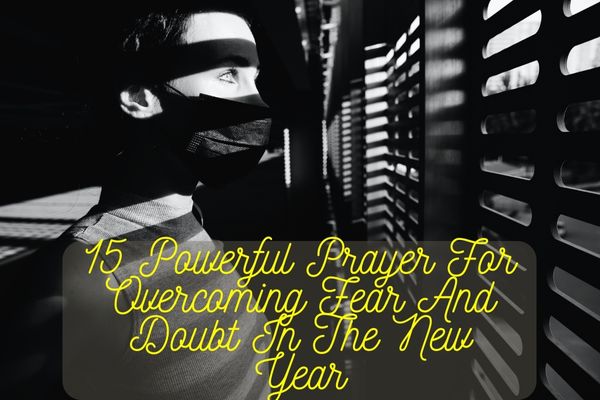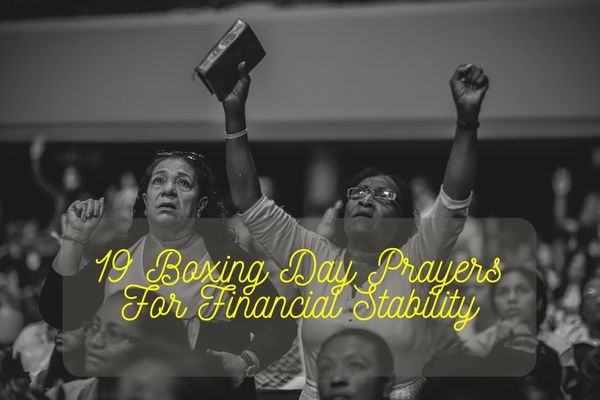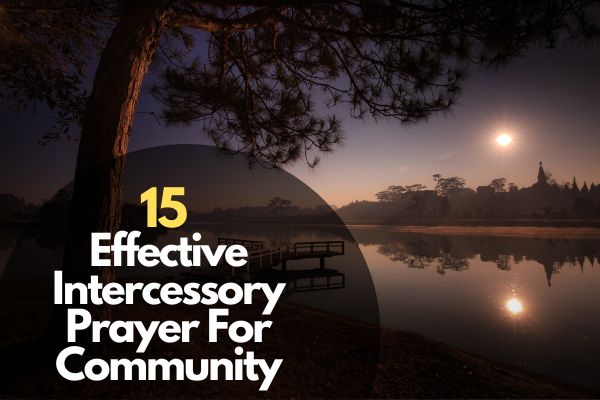Christmas, a widely celebrated holiday around the world, brings joy, festivities, and a sense of togetherness. However, for Muslims, the question often arises: Is it haram (forbidden) to celebrate Christmas for fun? To address this, it’s essential to look into the diverse perspectives within Islam, considering historical contexts, cultural nuances, and individual beliefs.
Is It Haram To Celebrate christmas for fun
Exploring the question of whether it’s haram to celebrate Christmas for fun requires a nuanced understanding of religious and cultural contexts. This article aims to provide comprehensive insights, addressing common concerns and shedding light on the diverse perspectives surrounding this issue.
Understanding Islam
Islam, as a faith, emphasizes core beliefs such as monotheism, prophethood, and the afterlife. It also promotes values of tolerance and respect for people of all faiths. Understanding these fundamental principles is crucial when exploring the permissibility of engaging in cultural celebrations outside one’s own religious traditions.
Views on Celebrating Christmas
Within the Islamic community, there exists a spectrum of opinions regarding the celebration of Christmas. Some view it as a harmless cultural event, while others see it as conflicting with Islamic teachings. This diversity of thought reflects the dynamic nature of Islam and its ability to adapt to various cultural contexts.
Historical Context
Examining early Islamic history reveals instances of cultural interactions, where Islamic societies engaged with diverse traditions. This historical context influences modern perspectives on participating in non-Muslim cultural celebrations like Christmas.
Cultural Celebrations vs. Religious Observance
Drawing a clear line between cultural festivities and religious observances is crucial. Many Muslims engage in the cultural aspects of Christmas, such as exchanging gifts and decorating homes, without participating in the religious aspects, such as attending church services.
The Permissibility Debate
Religious scholars’ opinions on the permissibility of celebrating Christmas vary. Some argue that it contradicts Islamic principles, while others emphasize the importance of intention and the context in which the celebration occurs. Understanding these diverse viewpoints can help individuals navigate their own choices.
Individual Responsibility
Ultimately, the decision to celebrate Christmas for fun is a personal one. It involves considering individual convictions, maintaining one’s faith identity, and being mindful of actions that may compromise Islamic principles.
Common Christmas Practices
Participating in common Christmas practices, like gift-giving and festive decorations, can be seen as a way of engaging with the broader community without compromising one’s religious beliefs.
-
Gift-Giving
One of the hallmark traditions of Christmas is the exchange of gifts. Families and friends come together to share tokens of love and appreciation. This practice is not only a symbol of generosity but also a way to express thoughtfulness and strengthen interpersonal bonds.
-
Decorations and Festivities
Homes and public spaces come alive with vibrant decorations during Christmas. From Christmas trees adorned with lights and ornaments to festive wreaths on doors, the ambiance becomes joyous and festive. The spirit of Christmas is further enhanced by colorful lights, tinsel, and other cheerful decorations.
-
Christmas Meals and Treats
Food plays a central role in Christmas celebrations. Families often come together for a hearty Christmas meal, featuring traditional dishes and festive treats. Roast turkey, ham, and a variety of desserts, including Christmas pudding and cookies, are commonly enjoyed during this time.
-
Caroling and Music
The air is filled with the melodious tunes of Christmas carols. Carolers, both amateur and professional, spread musical cheer in communities. Whether it’s classic hymns or modern renditions, music is an integral part of the holiday season, creating a festive atmosphere.
-
Christmas Lights and Displays
The twinkling lights that adorn houses, streets, and public spaces contribute to the magical ambiance of Christmas. Many families take joy in creating elaborate light displays, turning their homes into enchanting spectacles that captivate both young and old.
Avoiding Offense
Respectful engagement is key when navigating cultural differences. Muslims can participate in holiday festivities while being mindful of practices that may be contrary to Islamic values, thus promoting mutual understanding.
Celebrating Diversity
Islam encourages the celebration of diversity. Engaging in multicultural celebrations like Christmas can foster unity among communities, provided it is done with respect and awareness of different beliefs.
Alternatives for Muslims
For Muslims seeking alternatives to Christmas celebrations, there are various Islamic holidays and traditions that can be embraced. This includes Eid al-Fitr and Eid al-Adha, which offer opportunities for joyous gatherings and community engagement.
-
Eid al-Fitr
Celebrate the joyous occasion of Eid al-Fitr, marking the end of Ramadan. This festival involves communal prayers, feasting, and giving to charity, fostering a sense of gratitude and community.
-
Eid al-Adha
Embrace the spirit of sacrifice and generosity during Eid al-Adha. Families come together for prayers, share meals, and engage in acts of charity, emphasizing the values of compassion and selflessness.
The Intersection of Faith and Joy
Finding a balance between cultural traditions and religious faith is essential. Muslims can navigate the influences of cultural celebrations while strengthening their Islamic identity.
The intersection of faith and joy represents a profound space where individuals navigate the delicate balance between religious convictions and the universal human experience of joy. In the context of celebrating Christmas for fun, this intersection becomes a focal point for contemplation and introspection.
Faith, often deeply rooted in religious teachings, guides individuals in their beliefs, shaping their worldview and moral compass. Simultaneously, joy, an innate human emotion, transcends cultural and religious boundaries, serving as a unifying force that brings people together during moments of celebration.
During the holiday season, the intersection of faith and joy takes center stage as individuals grapple with the question of whether it’s haram to engage in Christmas festivities for fun. It prompts reflection on how religious teachings intersect with the pursuit of happiness and communal celebration.
Educating the Community
Promoting awareness within the community about the diversity of views on celebrating Christmas is vital. Encouraging open dialogue can foster understanding and acceptance among individuals of different faiths.
Addressing Misconceptions
Common misconceptions often cloud discussions about celebrating Christmas for fun. Dispel myths and clarify the distinctions between cultural appreciation and religious endorsement, fostering a more informed and respectful dialogue.
Conclusion
In conclusion, the question of whether it’s haram to celebrate Christmas for fun is a nuanced and personal matter that intertwines religious convictions, cultural appreciation, and individual beliefs. As we navigate the intersection of faith and joy, it becomes evident that individuals can find a balance between their religious identity and the festive spirit of Christmas.
The importance of fostering understanding and respect in diverse communities cannot be overstated, as people from different faiths come together to celebrate the holiday season. Ultimately, the decision to participate in Christmas festivities for fun rests on personal convictions and the ability to maintain one’s faith while engaging in cultural celebrations.
By dispelling misconceptions, addressing concerns, and promoting open dialogue, we can create a more inclusive and harmonious environment, where individuals of diverse backgrounds can share in the joy of the holiday season without compromising their beliefs.
Frequently Asked Questions
1. Is it sinful for Muslims to participate in Christmas celebrations?
The permissibility varies, and it’s essential to consider individual beliefs and intentions.
2. How do cultural practices during Christmas differ from religious observances?
Many Muslims engage in cultural aspects without participating in the religious elements of Christmas.
3. What are some alternative ways for Muslims to celebrate during the holiday season?
Embracing Islamic traditions like Eid al-Fitr and Eid al-Adha provides joyful alternatives.






